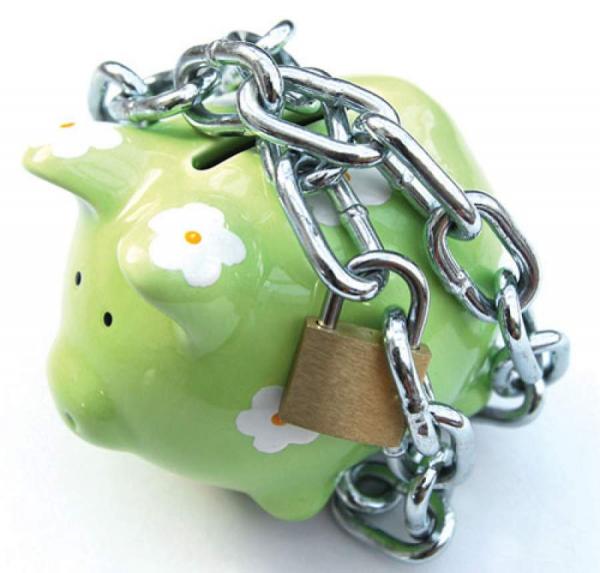Waiting for my host to change into her swimwear, I sat under the hot Guyanese sun, drinking milk from fresh coconuts with two local Amerindian girls. The day was blistering and the answer was only metres away—Capoey Lake’s black waters. But despite the heat, the girls didn’t make any motions to join us.
“We can’t,” said the older girl, looking at her friend. “She has a problem.”
I immediately caught her drift. Some elements of teenage girlhood transcend cultural differences, including code words for “period.”
However, as the girl continued, I realized that not all things are universal. “If you go swimming while you’re menstruating, you’ll go mad—the lake spirits don’t like it,” she told me.
For young women in many developing countries, the onset menses isn’t celebrated with a cute package of pink pads—instead, it’s greeted by gendered taboos. While a fear of lake spirits is likely unwarranted, girls like the two I met in Guyana do have real cause for concern.
In countries where menstrual products are prohibitively expensive, girls resort to whatever else they can find, including unhygienic materials such as old rags, newspapers and even sawdust. Girls also lack places to clean and dispose of products. (It’s estimated that only 51 per cent of schools in low-income countries have adequate water sources.) The result? As many as one in 10 African girls simply skip school during their periods.
Here are three organizations trying to change that—and how you can get involved.
Days for Girls
According to program director Sarah Webb, the issue of menstruation is not limited to school absences. “It also impacts a woman's ability to be productive, confident and healthy in every aspect of her life,” she says.
To combat this, Days for Girls provides kits that include washable pads designed for the economic and cultural context of each country in which they work. Their programs around the world support micro-entrepreneurships and provide comprehensive health education programs for both girls and boys.
Want to volunteer? If you have at least one month to spare, Days for Girls offers international internships at their centres in Uganda, Ghana, South Africa and Nepal. Interns support marketing and media, capacity building programs including micro-entrepreneurship, and program facilitation. For those with less time, their 10-day service-learning program combines tourism with volunteerism. Costs vary according to location and length, but placements typically include airfare, lodging, transportation and a monetary donation to the organization. daysforgirls.org
Femme International
Reducing stigma is at the core of Femme International’s mission. “Menstruation is a natural process, and should never be seen as a source of shame or embarrassment,” says executive director Sabrina Rubli.
Working in partnership with secondary schools in East Africa, the Toronto-based organization distributes menstrual cups and hygiene kits, which are provided alongside health education programming for both sexes.
Want to volunteer? Due to language and cultural differences, Femme International employs local staff in the field. However, they’re in need of interns with specialized skills, such as research, graphic design, and monitoring and evaluation. If you’re interested, email This email address is being protected from spambots. You need JavaScript enabled to view it. or visit their website for local volunteer opportunities. femmeinternational.org
HEEALS
In many rural areas of India, women are shunned for the entire duration of their periods. Couple this with a low female literacy rate and the work of organizations like HEEALS (Health Education Environment and Livelihood Society) is needed. The Indian organization uses films, games and drama to conduct health and hygiene workshops.
Want to volunteer? Working in schools, orphanages, slums, and refugees camps, volunteers help facilitate menstrual hygiene workshops and conduct research. Placements range in length and volunteers are expected to arrange their own accommodation (although the organization can assist), as well as to contribute $196 USD towards programming. heeals.org
This article originally appeared in the Spring 2016 issue of Verge.
Add this article to your reading list





